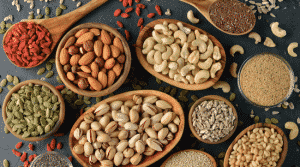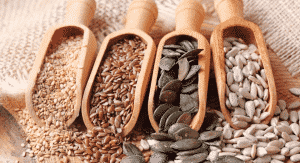
Norway, an anti-sugar campaign
The sugar tax is not new. It was introduced in Norway and Denmark in 1922, at the time for economic rather than public health reasons. It was not until 2011 that several countries, including Hungary, Great Britain and France, introduced a sugar tax for public health reasons. The idea of taxing sugar, targeting sweets, fizzy drinks and all products with added sugar fruit, is primarily aimed at reducing obesity and preventing diabetes.
In 2018, Norway is stepping up its anti-sugar policy. The measure is radical. Consumers will see the price of a bottle of soda drop to the equivalent of about €3.80 or a bar of chocolate to €4.30!
In January 2019, the tax on chocolate and sweets will rise by a further 83% to €3.50 per kg of sugar!
White sugar has become a luxury product and is being eradicated from the kitchen. Families have to reinvent their daily consumption. Maple syrup or honey are replacing white sugar in home recipes, sodas are giving way to pressed fruit juices, and snack biscuits are being replaced by dried fruit and seeds. The consumption of knekkebrød such as the Norwegian Sigdal crackers has increased and people are returning to healthier eating habits.


The consumption of sweets, which used to be very common and popular, is now often limited to once a week; some people even travel dozens of kilometres to cross the Swedish border and stock up on sweets in the huge supermarket shelves.
The results of this new tax are spectacular. Compared to the year 2000, Norwegians consume on average 45% less sugar per person, i.e. an individual annual consumption of 24 kg of sugar in 2020 compared to 43 kg in the 2000s. The health results also follow: cardiovascular diseases have already been reduced by 25%!
However, not everyone is satisfied with these results. Manufacturers of sweet products are up in arms about the tax. Some manufacturers have tried to replace sugar with sweeteners in their recipes, but this does not work. So they went back to sugar and were forced to raise their prices to consumers and sales collapsed.
The Norwegian Federation of Food Enterprises is therefore calling for the pure and simple abolition of this tax, which penalises a whole section of the food industry. The cancellation of the sugar tax is not on the agenda ... the government has nevertheless appointed a committee to consider a reform of the tax.
To be continued ....

